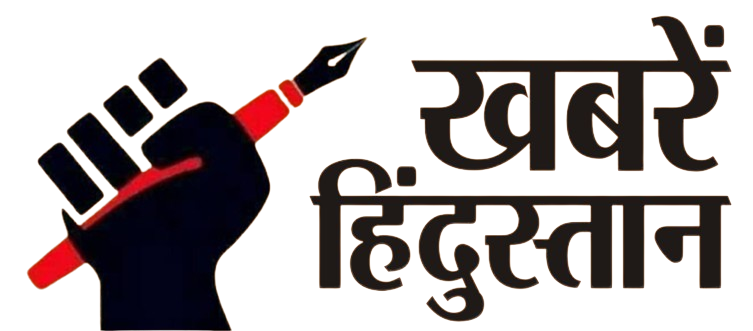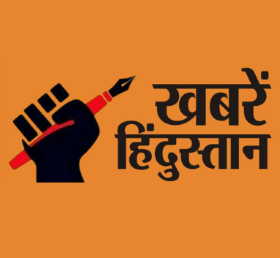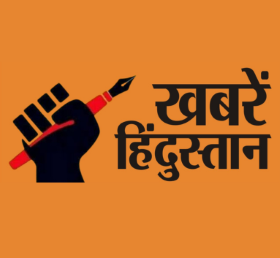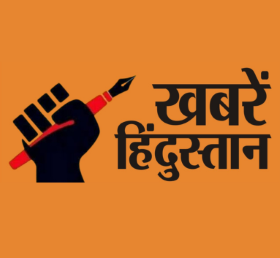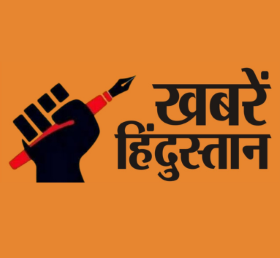Shaheed Diwas, also known as Martyrs’ Day, is a significant occasion in India dedicated to honoring the bravery and sacrifices of the country’s freedom fighters.
Every year on March 23, the nation pays homage to Bhagat Singh, Rajguru, and Sukhdev, who were executed by the British colonial government in 1931.
Their revolutionary ideologies, patriotism, and fearless spirit continue to inspire generations, making Shaheed Diwas a day of national reflection and remembrance.
Historical Significance of Shaheed Diwas

The importance of Shaheed Diwas is rooted in the courageous story of three young revolutionaries—Bhagat Singh, Shivaram Rajguru, and Sukhdev Thapar.
These brave men played a crucial role in India’s freedom struggle and were hanged on March 23, 1931, for their involvement in the assassination of John P. Saunders, a British police officer.
Their act was in retaliation for the brutal death of Lala Lajpat Rai, a prominent leader who was injured during a protest against British rule.
Execution of Bhagat Singh, Rajguru, and Sukhdev
- Date: March 23, 1931
- Location: Lahore Central Jail
- Reason: Avenging Lala Lajpat Rai’s death
- Impact: Sparked mass protests and further fueled India’s struggle for independence
The execution of these young revolutionaries led to a nationwide outcry against British rule. Their sacrifice became a symbol of resistance, strengthening the resolve of millions to fight for India’s independence.
Bhagat Singh: A Symbol of Revolutionary Ideals
Bhagat Singh, often regarded as India’s greatest revolutionary, believed in freedom, justice, and equality. His ideas went beyond mere armed struggle; he emphasized the power of intellectual revolution and social change.
Key Ideologies of Bhagat Singh
- Revolution Through Knowledge
- Bhagat Singh strongly believed that true independence could only be achieved through education and awareness.
- He read extensively on politics, socialism, and revolutionary movements from around the world.
- Inquilab Zindabad – The Call for Revolution
- This slogan, meaning “Long Live the Revolution”, became the rallying cry of India’s independence movement.
- It represented the fight against oppression and injustice.
- Opposition to British Colonial Rule
- Bhagat Singh openly challenged British authority and criticized their unjust policies.
- He called for mass resistance against foreign rule.
- Equality and Social Justice
- He advocated for a society free from caste discrimination and economic inequality.
- His writings reflected his vision of a classless and just India.
Rajguru and Sukhdev: Unsung Heroes of Independence
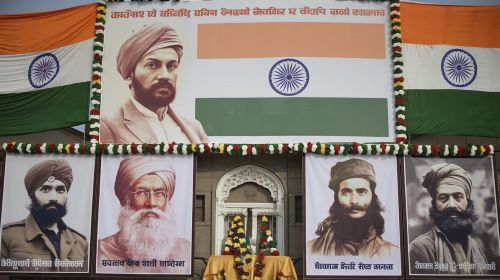
While Bhagat Singh is widely recognized, Shivaram Rajguru and Sukhdev Thapar played equally important roles in the fight against British rule.
Shivaram Rajguru – The Fearless Warrior
- Born in Maharashtra, Rajguru was known for his martial skills and sharp shooting.
- He believed in the use of arms to overthrow British rule.
- His bravery and commitment to the cause made him an integral part of Hindustan Socialist Republican Association (HSRA).
Sukhdev Thapar – The Intellectual Revolutionary
- A native of Punjab, Sukhdev was an intellectual leader in the freedom movement.
- He organized youth movements and encouraged people to participate in the struggle.
- He played a key role in recruiting young revolutionaries to fight against British rule.
Impact of Their Sacrifice on India’s Freedom Struggle
The martyrdom of Bhagat Singh, Rajguru, and Sukhdev had a profound impact on the freedom movement:
- Inspired the Youth – Their fearlessness and patriotism motivated countless young Indians to join the fight for independence.
- Strengthened the Nationalist Movement – Their execution created a wave of protests across India, further weakening British control.
- United the Nation – People from different regions, castes, and religions came together to honor their sacrifice and support the cause.
How Shaheed Diwas is Observed in India
Every year, March 23 is observed as Shaheed Diwas across India with various events and tributes:
1. Tribute at Shaheed Smarak
- Special ceremonies are held at Shaheed Smarak in Hussainiwala, Punjab, where their last rites were performed.
2. Schools and Colleges Organize Programs
- Educational institutions conduct debates, essay competitions, and seminars on Bhagat Singh’s ideology.
3. Political Leaders Pay Homage
- Government officials and political leaders pay floral tributes at memorials dedicated to these revolutionaries.
4. Awareness Campaigns and Documentaries
- Various documentaries and films are released to educate people about their sacrifices and contributions.
Relevance of Bhagat Singh’s Ideals in Modern India
Even in 2025, Bhagat Singh’s vision for a free, just, and progressive India remains relevant. His thoughts on social justice, education, and nationalism continue to guide the country.
1. Importance of Education and Awareness
- Bhagat Singh emphasized the need for intellectual empowerment.
- In today’s world, his ideas highlight the importance of education in building a strong nation.
2. Fighting Against Social Injustice
- He envisioned a society free from inequality.
- His fight against oppression is still relevant in addressing modern-day issues like corruption, discrimination, and poverty.
3. Patriotism and Civic Responsibility

- Bhagat Singh believed that true patriotism meant working for the welfare of society.
- His ideals encourage youth participation in nation-building activities.
Conclusion: Keeping the Legacy Alive
Shaheed Diwas is not just a day of remembrance but a reminder of the values and ideals that Bhagat Singh, Rajguru, and Sukhdev stood for. Their sacrifice, courage, and revolutionary thoughts continue to inspire millions of Indians.
As we observe Shaheed Diwas 2025, it is important to reflect on their contributions and take inspiration from their vision for a free and just India.
Let us honor their legacy by upholding the principles of justice, equality, and patriotism in our daily lives.
